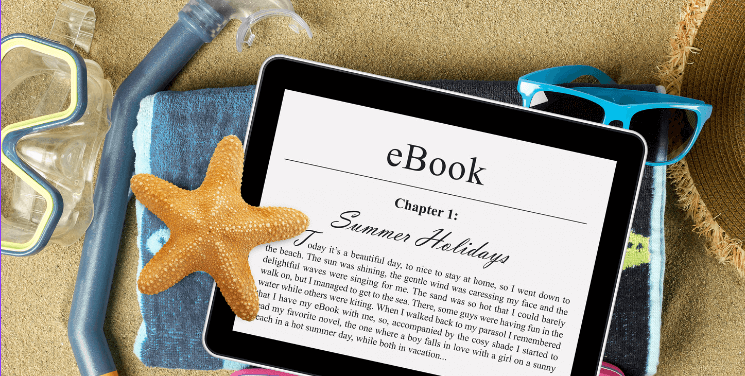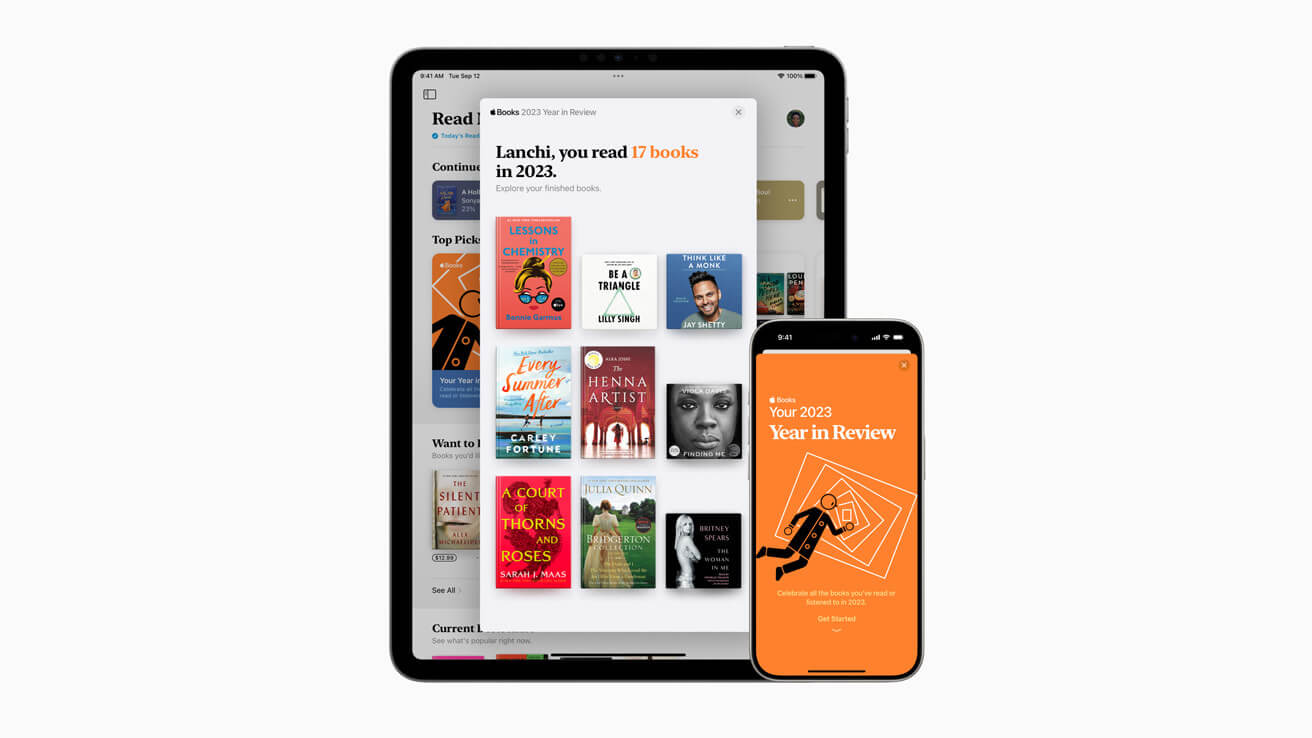
Other popular e-reader brands include BigMe, Pocketbook, Onyx Boox, Nook and Kobo
It’s a fierce and competitive market, but Kindle is still leading the pack as it remains true to itself and its readers. It is an e-reader, not a laptop – it’s always been about the digital reading experience. In return, readers remain loyal to the brand that introduced them to this new way of reading. One thing is sure: e-readers are here to stay. Studies suggest that at least half of all Americans have used some form of digital reading device, and nearly 20% of all books sold are now digital.
The use of e-readers has several advantages, including their positive impact on the environment. Some may argue that the energy consumption and electronic waste generated from producing e-readers also affect the environment. While this is true, it is essential to consider the numbers. A high-end 32-gig device can hold approximately ten thousand books. Technically, digital ebooks, at a basic level, paper production and ink runoff into the water supply is reduced. Additionally, most modern versions of e-readers are energy-efficient, have a long battery life and are environmentally friendly.
Things have changed since the first Kindle appeared on the market. The price has dropped, the technology is more intuitive, colour has been added, and design features like page-turning have significantly improved.
The industry will continue to flourish as new technologies are developed and artificial intelligence finds new use cases for digital content.
A popular trend to emerge in the digital reading space is self-publishing.
Writers can now publish, print, market and sell books, guides and other content without a publishing house. Again, Kindle is leading the way with its easy-to-use service, Kindle Direct Publishing (KDP). Creators of all kinds upload content to Amazon and once approved, it is available for sale on the platform.
Famous novelists like Dan Brown and Steven King use this service to promote their books, and you should, too. The main benefit of Kindle direct publishing is access to Amazon’s global marketplace. Generative AI has changed the landscape because content can now be published in many languages with the flick of a button.
Popular reasons people use direct publishing:
- Sell books, short stories and online content
- Create user guides and other business-related materials for quick access and marketing purposes
- Share educational materials for an online classroom
Making money from self-publishing is easy and quite lucrative with the right mindset. If you sold a million copies of your ebook for one dollar, that would make you a millionaire! Who knows, your novel may become the next overnight sensation. It is time we find a new heroine. Harry Potter is all grown up.
Writing has always been her passion and a voice for those who cannot speak. She considers herself fortunate to write every day and says her mantra is, "I drink coffee, write, and I know about people and technology." Her writing is diverse and can be found online on websites like LifeHack, You Have a Calling, Medium, TechCrunch and, She Knows.

